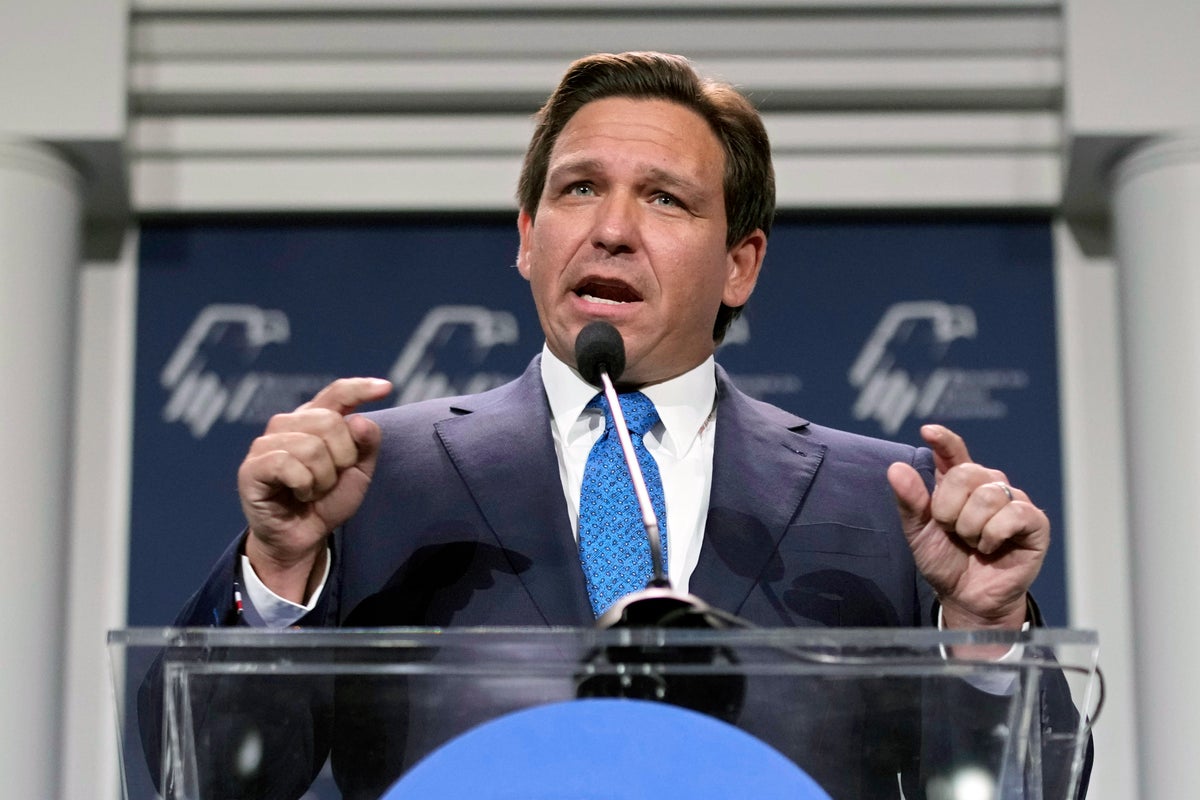
The organization that created a high school African American studies program rejected by Florida said Thursday it’s still waiting for specifics from the state about how the course violates state law.
The College Board also disputed what it said were Florida’s claims it had deleted 19 topics from the proposed Advance Placement course at Florida’s behest, saying in a statement online that it already was streamlining topics to fit into an academic year.
In a letter Tuesday to the College Board, Florida Department of Education said it was “grateful” to see that a Feb. 1 revision had deleted the 19 topics, including Intersectionality, Reparations and the Movement for Black Lives. It also welcomed the College Board to resubmit the course for Florida to review for its 2023-24 school year.
Florida rejected the pilot program last month, saying it violated state law and was historically inaccurate. Gov. Ron DeSantis, a potential 2024 GOP presidential candidate who has opposed what he calls “woke” ideologies in schools, said the course amounted to “indoctrination” rather than education.
The state said the course promotes the idea that modern American society oppresses Black people, other minorities and women, includes a chapter on “Black Queer Studies” that the administration finds inappropriate, and uses articles by critics of capitalism.
Last year, the governor signed legislation dubbed the Stop WOKE Act that restricts certain race-based conversations and analysis in schools and businesses. The law bars instruction that says members of one race are necessarily oppressed or privileged based on their race.
The College Board, which said it believes all of its original pilot program had educational merit and which denied any inaccuracies, said it needs more specific information about how any of its course materials are out of compliance with Florida law.
“We never received written feedback from the Florida Department of Education specifying how the course violates Florida law, despite repeated requests,” the organization said.
The organization said it would be regretful for any state to reject the course. ”We believe every student should have the opportunity to immerse themselves in the facts and evidence of the African American experience," it said.







